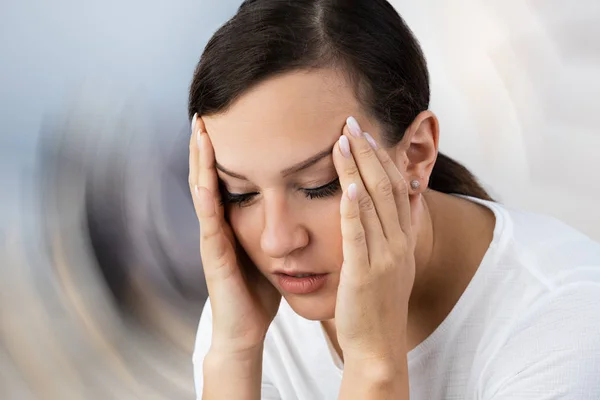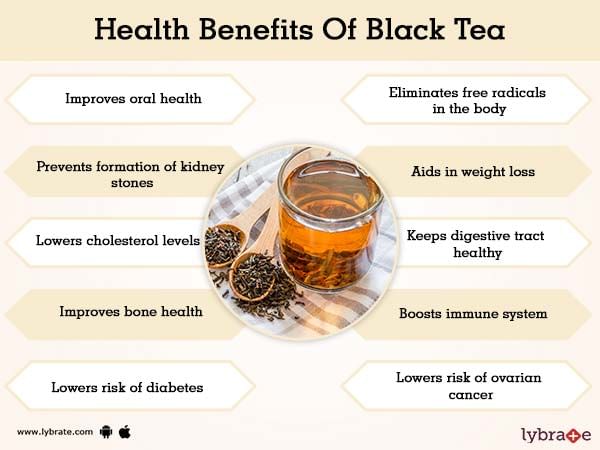Unraveling the Mystery what is Rigid Person Syndrome: When Your Muscles Revolt
 |
| Stiff Person Syndrome,Health news // YouTube |
Exploring Symptoms, Causes, and Treatment Options for SPS - A Rare Autoimmune Disorder
R E A D : Aphasia How risky is that brain illness if Bruce Willis retires from acting in movies?
* WHAT IS Stiff person syndrome
Stiff person syndrome (SPS) is a rare neurological disorder characterized by muscle stiffness and spasms that primarily affect the trunk muscles, such as the back and abdomen. It can also affect the muscles of the limbs, including the arms and legs.
Stiff person syndrome (SPS) is caused by an autoimmune response that targets the inhibitory neurons in the nervous system responsible for regulating muscle movement. This autoimmune response is thought to be triggered by the production of specific antibodies, such as anti-GAD (glutamic acid decarboxylase) antibodies, which are found in the majority of people with SPS.
Anti-GAD (glutamic acid decarboxylase) antibodies are a type of autoantibody that are commonly found in people with stiff person syndrome (SPS). GAD is an enzyme that is involved in the production of a neurotransmitter called gamma-aminobutyric acid (GABA), which plays a key role in regulating the inhibitory neurons in the nervous system that are responsible for muscle movement.
In people with SPS, the immune system mistakenly produces antibodies that target GAD, leading to a decrease in GABA production and a disruption of the normal signaling processes that regulate muscle movement. This autoimmune response results in muscle stiffness and spasms that are characteristic of SPS.
The presence of anti-GAD antibodies is a key diagnostic marker for SPS, as these antibodies are found in the majority of people with the condition. However, not all people with anti-GAD antibodies develop SPS, and the presence of these antibodies alone is not sufficient to make a diagnosis of SPS. Other clinical and laboratory criteria must also be met to confirm a diagnosis of SPS.
* Cuases of Stiff Person Syndrome
The exact cause of Stiff Person Syndrome (SPS) is not fully understood, but it is believed to be an autoimmune disorder. In autoimmune disorders, the immune system mistakenly attacks healthy cells in the body, leading to inflammation and tissue damage. In the case of SPS, the immune system targets cells in the nervous system, particularly those responsible for muscle movement and coordination.
Genetic and environmental factors may also play a role in the development of SPS. Some researchers believe that a viral or bacterial infection or exposure to certain toxins may trigger an autoimmune response in susceptible individuals. Certain genetic mutations or variations have also been linked to a higher risk of developing SPS.
R E A D :
- Comprehensive Guide to Breast Cancer: Understanding its Causes, Symptoms, Diagnosis, Treatment, and Prevention Strategies
- Cough Cures Unveiled 12 Natural Remedies and Medicine Ingredients
- Early Warning Signs of Childhood Cancer: Symptoms that Should Not be Ignored
- Heart Health Strategies for Enhancing Cardiovascular Function and Reducing the Risk of Heart Disease
The precise causes of SPS are still being studied, and more research is needed to fully understand this rare disorder.
* Symptoms of Stiff Person Syndrome
Stiff Person Syndrome (SPS) is characterized by muscle stiffness and rigidity, which typically begins in the trunk and then spreads to other areas of the body. Some common symptoms of SPS include:
> Muscle stiffness and spasms:
People with SPS may experience persistent muscle stiffness, especially in the back, neck, and limbs. This stiffness may be accompanied by involuntary muscle contractions and spasms.
> Impaired mobility:
The muscle stiffness and rigidity associated with SPS can make it difficult to move and perform everyday activities. Walking, bending, and even simple tasks like getting dressed may become challenging.
> Hypersensitivity to stimuli:
Many people with SPS may become hypersensitive to sensory stimuli such as noise, light, and touch, which can trigger muscle spasms and other symptoms.
> Anxiety and depression:
The physical limitations and chronic pain associated with SPS can take a toll on mental health, leading to anxiety, depression, and other mood disorders.
> Autonomic dysfunction:
In some cases, SPS may cause dysfunction in the autonomic nervous system, leading to symptoms such as sweating, changes in blood pressure, and rapid heartbeat.
| Stiff Person Syndrome:, Health news // Facebook |
The symptoms of SPS can vary widely from person to person, and some people may experience more severe symptoms than others. Treatment options for SPS focus on managing the symptoms and improving quality of life.
There is currently no cure for Stiff Person Syndrome (SPS), but there are various treatment options available to help manage the symptoms and improve quality of life for people with the condition. Some of the treatment options include:
R E A D : Managing Frontotemporal Dementia Subtypes, Symptoms, and Understanding
> Medications:
Medications that suppress the immune system, such as corticosteroids, may be prescribed to help reduce inflammation and ease muscle stiffness. Other medications such as muscle relaxants, anti-anxiety drugs, and pain relievers may also be used to manage the symptoms.
> Physical therapy:
Physical therapy can help improve mobility and flexibility, and reduce muscle stiffness and spasms. A physical therapist can work with patients to develop an exercise program tailored to their specific needs and abilities.
> Lifestyle changes:
Some lifestyle changes, such as regular exercise, stress reduction techniques, and avoiding triggers that can worsen symptoms, can help manage the symptoms of SPS and improve overall health.
> Intravenous immunoglobulin (IVIg):
IVIg is a treatment that involves infusing patients with antibodies collected from donated blood. This treatment has been shown to improve symptoms in some people with SPS.
> Plasma exchange therapy:
Plasma exchange therapy involves removing the blood plasma from the patient's body and replacing it with a substitute. This treatment can help remove the antibodies that are attacking the nervous system and improve symptoms in some people with SPS.
Important to note that the effectiveness of these treatments may vary depending on the individual case, and a combination of therapies may be needed to manage the symptoms effectively.
Stiff Person Syndrome (SPS) is a rare neurological disorder that causes muscle stiffness, rigidity, and spasms. While the exact cause of SPS is not fully understood, it is believed to be an autoimmune disorder that targets cells in the nervous system. There is currently no cure for SPS, but there are various treatment options available to help manage the symptoms and improve quality of life for people with the condition, including medications, physical therapy, lifestyle changes, IVIg, and plasma exchange therapy. It is important to work closely with a healthcare provider to determine the most effective treatment plan for individual cases.






:max_bytes(150000):strip_icc()/GettyImages-1344984510-e8f3dfb765724628800858096c98cdc6.jpg)


